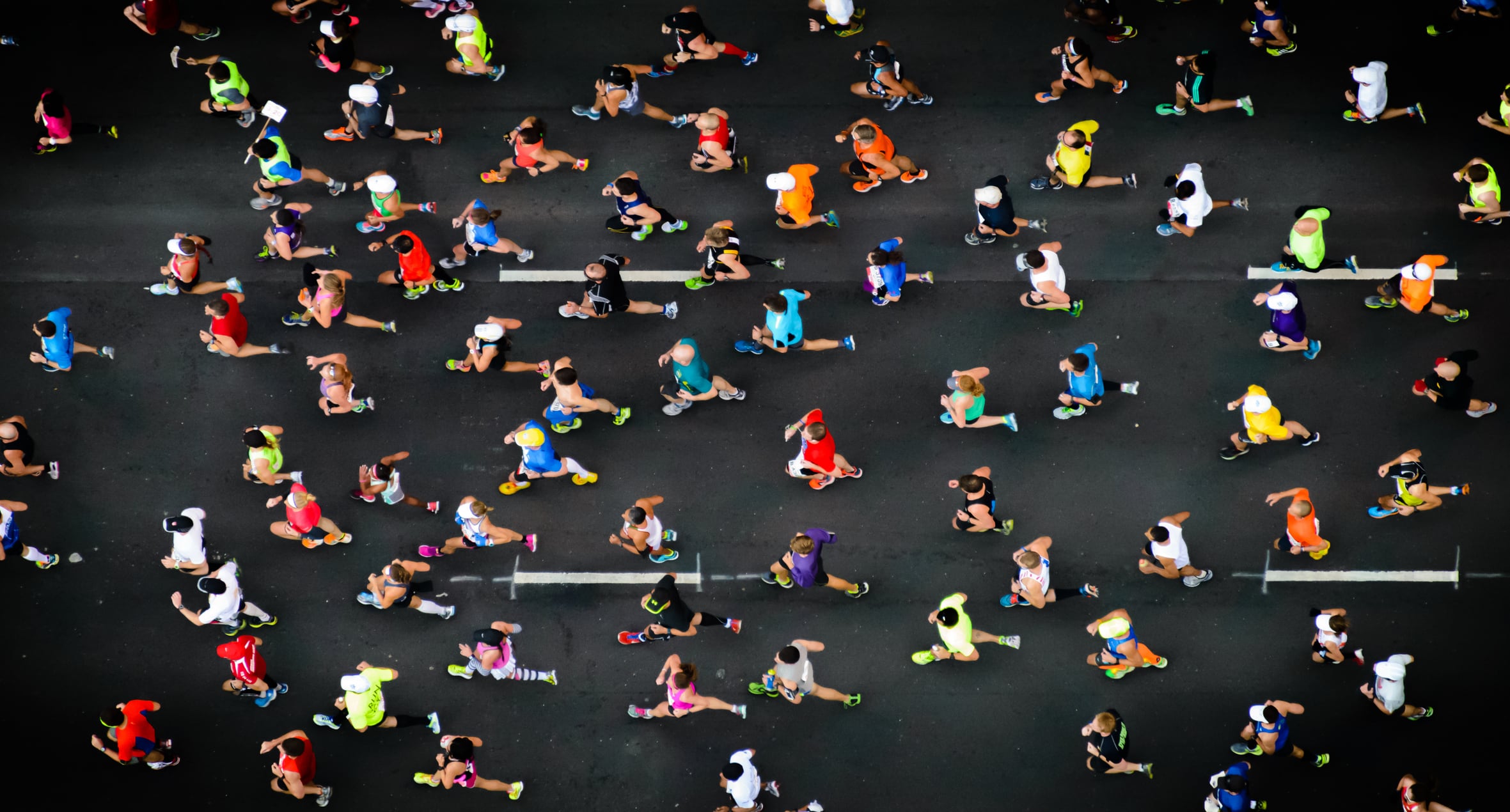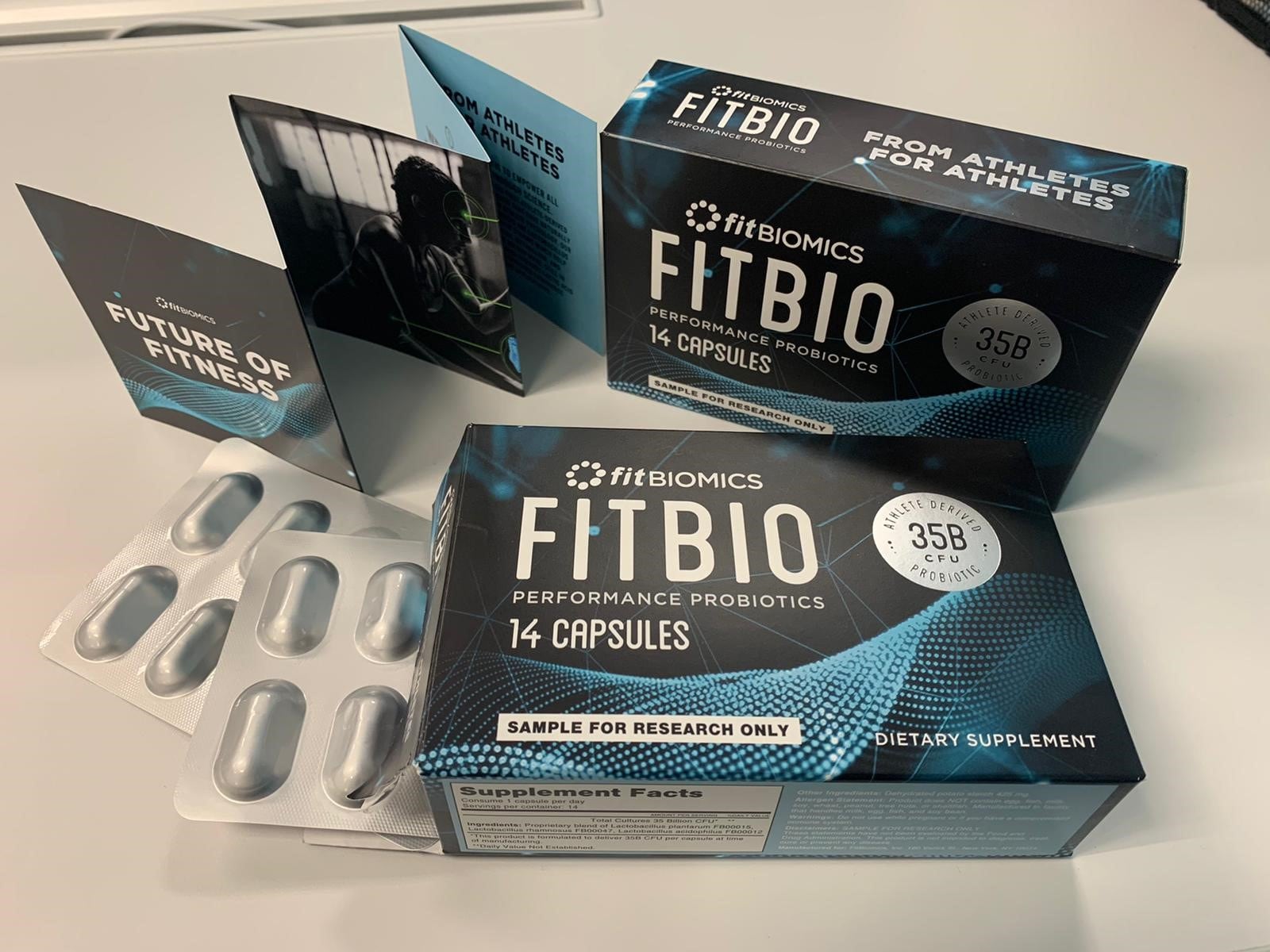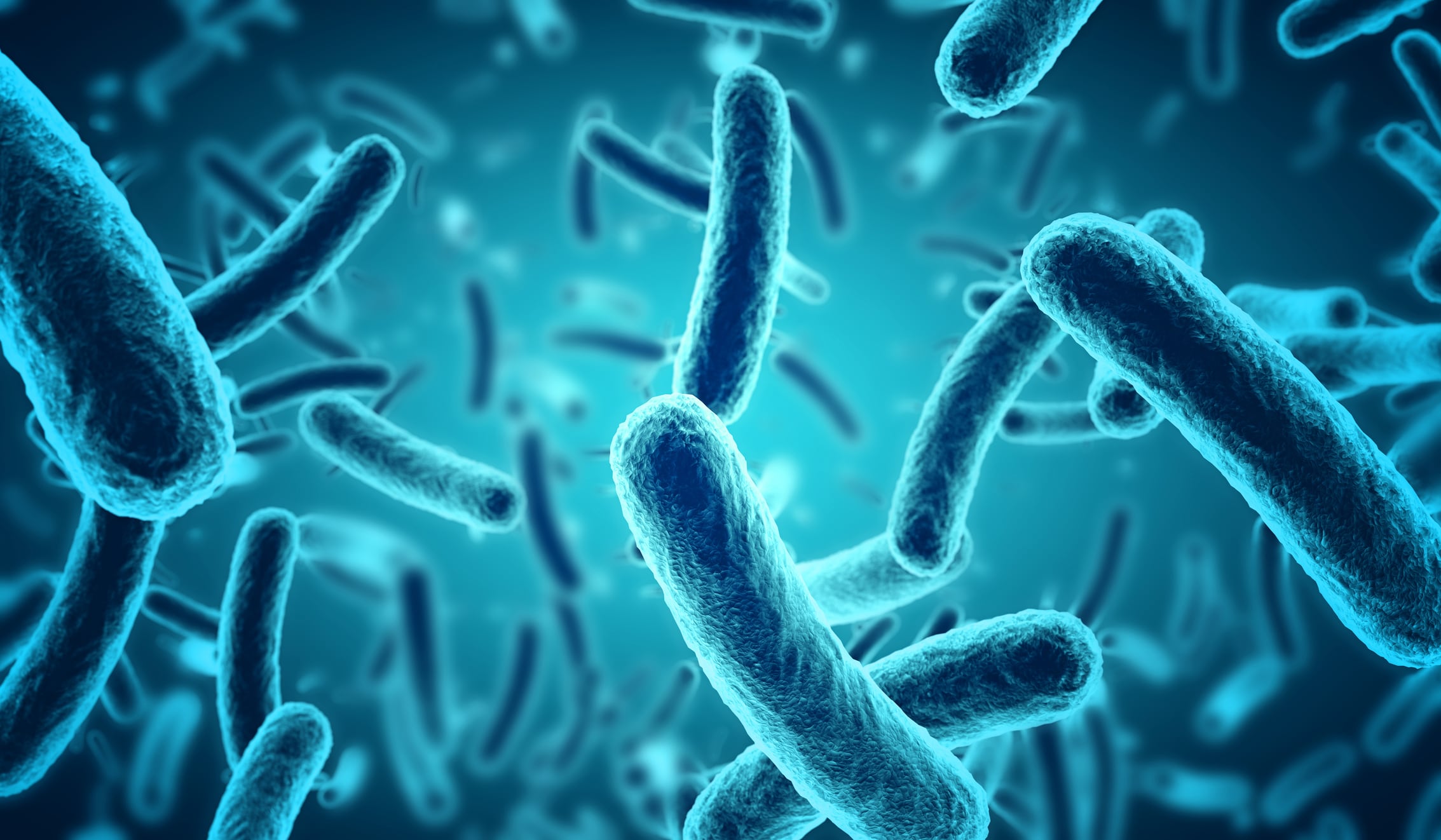Data published in the journal Nutrients indicated that combining Bifidobacterium longum subsp. longum Olympic No. 1 (OLP-01) with regular exercise training resulted in significant increases in the test running distance, compared to training plus placebo.
In addition, the OLP-01 supplements were found to boost levels of other beneficial bacteria in the gut of the middle- and long-distance runners, reported scientists from Taipei Medical University, National Taiwan Sport University, and Fooyin University.
“This study, unlike previous studies on athletes, confirmed that OLP-01 supplementation combined with regular exercise for three weeks and rest for two weeks can still effectively improve endurance exercise performance and increase B. longum in well-trained middle- and long-distance runners,” wrote the researchers.
“The proportion of bacterial genera of other benefic bacteria also increased and the number of certain pathogenic bacteria decreased. In addition, OLP-01 causes no adverse reactions or harm to the human body.
The gut microbiota and athletes
Interest in how the gut microbiome is linked to athletic performance – and the potential of modulation of the microbiota via pre- and probiotics to boost performance – is an area of increasing interest. Data from scientists at University College Cork in Ireland in 2014 found that the gut microbiomes of professional Irish rugby players were significantly more diverse than non-athletes.
A follow-on study performed in collaboration with scientists at Imperial College London in England (and also published earlier this year in Gut) found the differences between athletes and sedentary people is “even more evident at the functional or metabolic level”.
Fitbiomics, a spin-off from Harvard’s Wyss Institute for Biologically Inspired Engineering, is exploring the potential benefits of athlete-derived strains, including Veillonella atypica and Lactobacillus and Bifidobacterium strains to support recovery, endurance, digestion, metabolism, and immunology.
The same Taiwenese research group behind OLP-01 has been exploring potential beneficial strains isolated from the 2008 Olympic women’s 48 kg weightlifting gold medalist, including Lactobacillus salivarius subspecies salicinius (SA-03) (Microorganisms, 2020, 8(4), 545).
Earlier this year, the team published data from a mouse study with OLP-01 and reported that the strain plus exercise for six weeks led to significantly greater endurance and grip strength. In addition, the OLP-01 plus exercise group had significantly greater decreases in markers of fatigue, such as lactate, ammonia, and creatine kinase, compared with the other groups.
Study details
For the new study, the researchers recruited 21 middle- and long distance runners aged between 20 and 30 to participate in their double-blind, placebo-controlled experiment. The runners were randomly assigned to receive either OLP-01 (15 billion colony forming units (CFU)/day) or placebo for five consecutive weeks composed of three weeks of regular training and two weeks of no training.
Data from the 12-min Cooper’s test running distance showed that the probiotic supplement was associated with significant increases in running distance after six, nine and 12 minutes.
No significant changes were observed for body composition, but the OLP-01 group did experience increases in the abundance of Actinobacteria and Firmicutes, and decreases in Proteobacteria, compared to the control group.
At a genus level, the OLP-01 supplementation was association with increased richness of Bifidobacteria and Lactobacillus, compared to the control.
Interestingly, an 81% decrease in Escherichia-Shigella in the gut in the OLP-01 group was also reported.
“Although the mechanism in the human body in this study has yet to be confirmed, the above results showed that the five-week OLP-01 supplementation significantly improved the population of B. longum subsp. longum, increased the abundance of other probiotics, and reduced the populations of certain pathogenic bacteria,” wrote the researchers.
“Perhaps increasing the duration of OLP-01 supplementation in future clinical trials will produce more significantly different bacterial phase changes and further exciting results.”
Source: Nutrients
2020, 12(7), 1972; doi: 10.3390/nu12071972
“Bifidobacterium longum subsp. longum OLP-01 Supplementation during Endurance Running Training Improves Exercise Performance in Middle- and Long-Distance Runners: A Double-Blind Controlled Trial”
Authors: Che-Li Lin et al.





